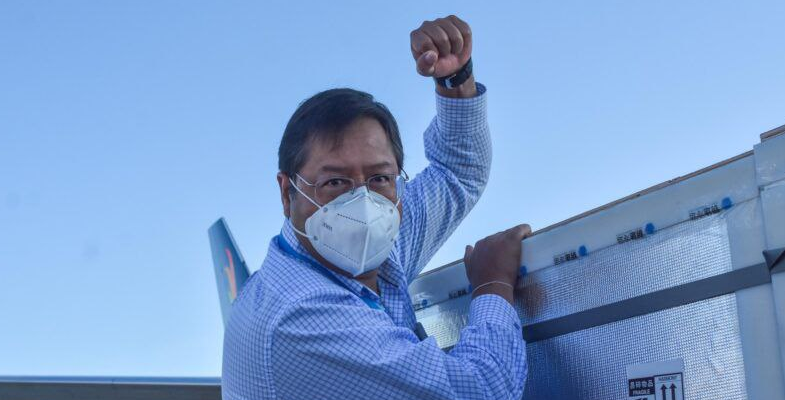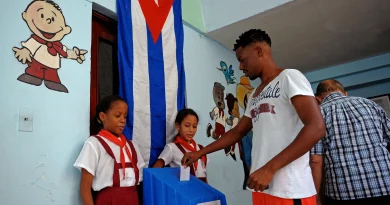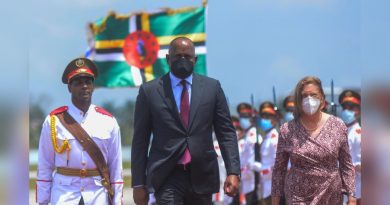Bolivian Economy Will Grow By 5.1% This Year: CEPAL
A new report by the UN’s Economic Commission for Latin America and the Caribbean (CEPAL) has forecast a 5.1% growth in Bolivia’s GDP for 2021, well above the 2.9% average for Latin America. President Luis Arce, an economist, has prioritized economic reconstruction following the collapse at the end of 2019 and throughout 2020, triggered by free market reforms of the coup regime.
“CEPAL projects a growth of 5.1% for Bolivia in 2021. This data confirms the effectiveness of the measures of the government of President Lucho Arce which seek to reactivate the Bolivian economy” said MAS lawmaker Omar Yujra, welcoming the news from the UN commission.
Since the defeat of the coup, the country has returned to its state-led development model. President Luis Arce has vowed to complete all the infrastructure projects that were started under Evo Morales, but scrapped by the coup regime due to their policy of deep public spending cuts.
Key development projects such as the industrialization of lithium, the giant fertilizer plant in Bulo Bulo, the city tram system of Cochabamba, and a string of state-owned factories in every region of the country, have all been reactivated after being closed by the Añez dictatorship.
Today, President Arce unveiled three new projects; a state school in the rural town of Escoma, La Paz, a waterworks system in the town of Tapacari, Cochabamba, which will provide running water for local residents, and in the town of Chuma, La Paz, 48 government homes were unveiled for low-income residents.
“We’re going to finish all the projects started by our brother Evo to benefit the Bolivian people! It’s hugely important to reactivate public investment, it’s part of our economic model” said the President.
In contrast, the free market approach under the coup triggered Bolivia’s worst crisis since the end of the neoliberal period. Deep public spending cuts and the closing of state industries had generated severe problems before the pandemic hit.
“In the fourth quarter of 2019 (when the coup occurred), public sector expenditure fell sharply, shrinking by 7 percent of quarterly GDP from the prior period. Although some of this drop was recovered in the first quarter of 2020 (3 percentage points), the cuts damaged the economy in advance of the pandemic and recession.” states a recent report by the Center of Economic and Policy Research.



